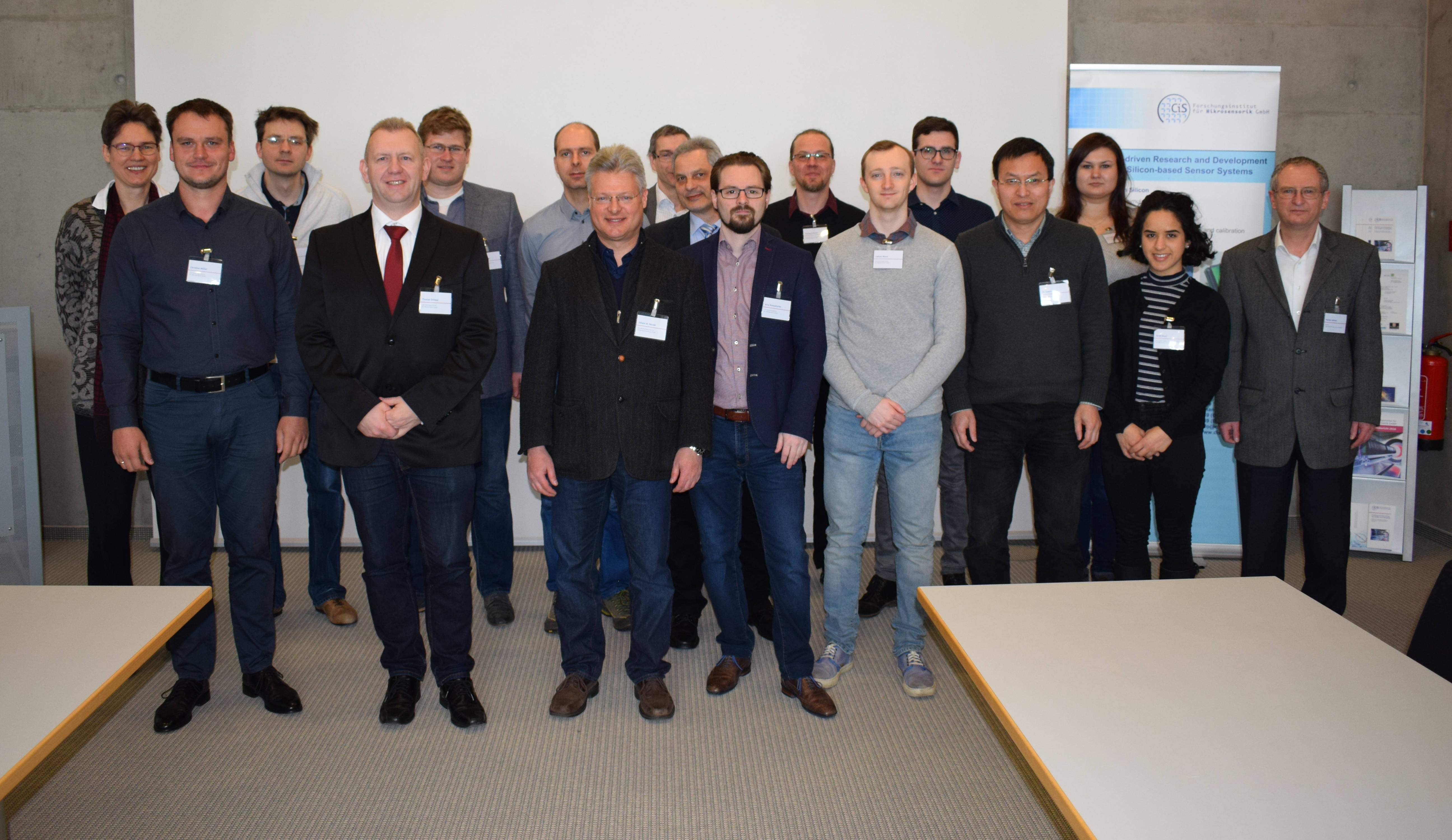
- Materials
- Metallography
- Electrochemistry

Sarah Busef is an accomplished materials scientist and a distinguished graduate with a Master of Science from the University of Manchester (2016) and a Bachelor of Applied Science from the University of Toronto (2015). Her specializations in microstructure characterization, electrochemistry and corrosion are attributed to her academic and professional experience as a researcher for the transportation and energy industries from 2012 to 2017. A highlight of her efforts includes her dissertation on plasma electrolytic oxidation coatings for magnesium alloys, which was awarded the A.B. Platt award for excellence in tribology research, as well as the Jotun Scholarship for Excellence in Coatings Technology. In 2017, she worked as a Materials Engineering Specialist for Hydrogenics Corp., developing composite materials for hydrogen fuel cell bipolar plates. At Fraunhofer Institute for Reliability and Microintegration in Berlin, and in prospective collaboration with Technische Universität Berlin, she is working to develop ultra-fine pitch hybrid bonding microelectronics packaging technology for sensor-ROC interconnections.
This research forms a part of Work Package 5, which focuses on the integration of developed sensors to prototype pixel detector modules through innovative packaging technology. In order to achieve higher spatial resolution on the same sensor area, finer pixel size and, thus, finer pitch interconnection, is needed. Hybrid bonding is a direct, bump-less interconnect technology that enables ultra-fine pitch sizes (10 microns and below). It involves the use of highly planar, active dielectric and metal bonding interfaces to meet the demands for reliable, low-temperature bond processes. The aim of this work is to develop a chip-to-chip (C2C) bonding process for ultra-fine pitch CMOS sensor-ROC interconnects in pixel detectors. This work will be carried out at Fraunhofer Institute for Reliability and Microintegration (IZM) in Berlin, Germany, where flexible, industry-compatible process lines enable core competency in wafer level system integration.
Secondments
|
Host Institution and Secondment Topic |
Expected secondment period |
|
uBonn (DE), Testing prototype assemblies |
2 - 3 months in 2018 |
|
CiS (DE), Collaborative research on electronic packaging |
2- 3 months in 2019 |
Targeting finer pitch bonding translates to higher resolution particle, radiation, electron and X-ray detectors for high-energy physics, imaging, medical and industrial applications. This research within the STREAM Marie Skłodowska Curie (MSC) Innovative Training Network (ITN) impacts these industrial stakeholders and their microelectronics packaging technologies. Moreover, this research has opened the doors to novel techniques in surface preparation, die-handling, bonding and bond characterization techniques.
The MSC ITN also offers a platform for collaboration and knowledge exchange with partners having unique specializations. This is an opportunity to expand one's network of industry and scientific professionals, to learn about the relationship between science and entrepreneurship, and to create a strong basis for a future career in research.
